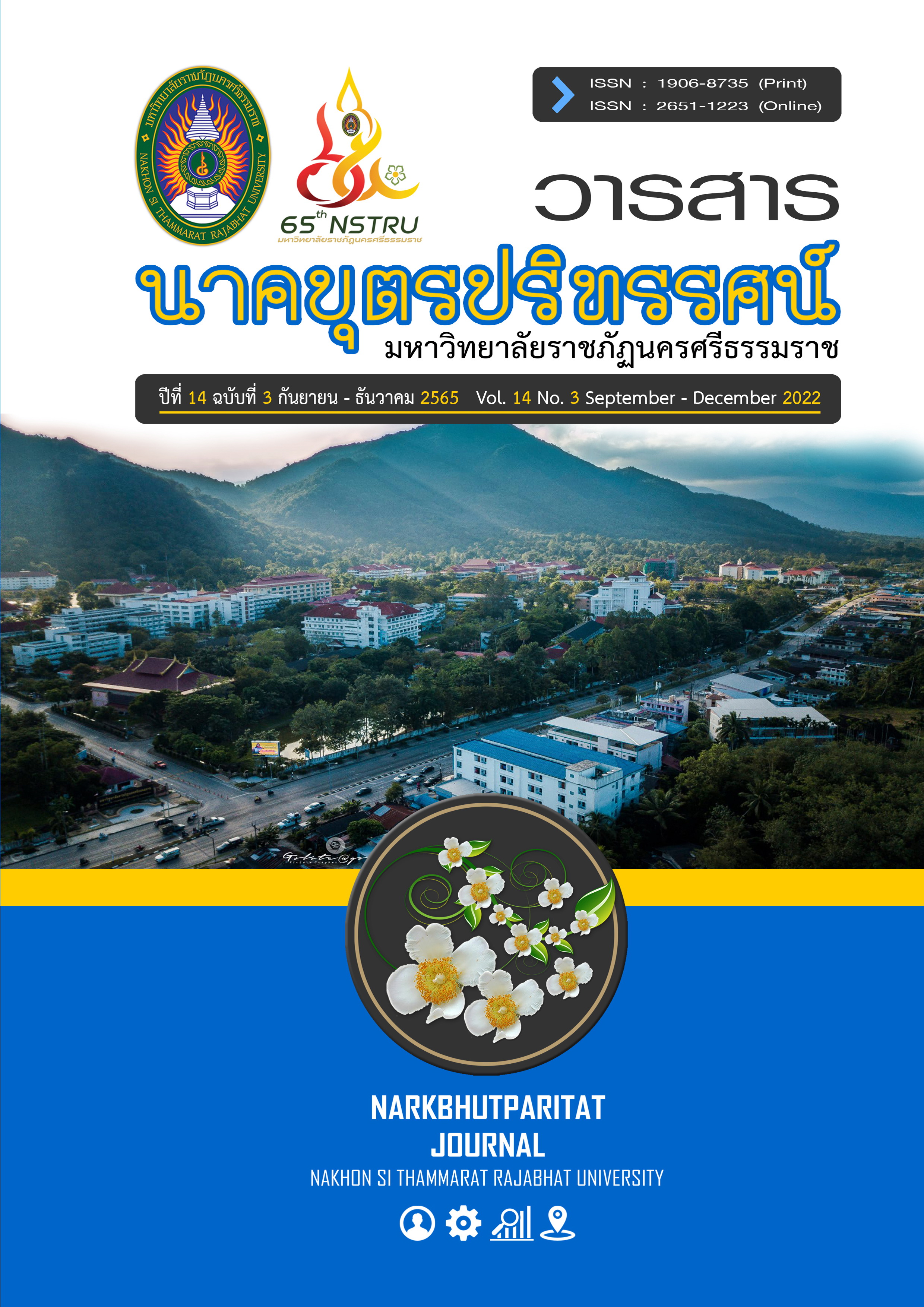การศึกษาผู้รับสารต่อการถอดรหัสความหมาย กลุ่มชาติพันธุ์มานิในสังคมไทย
Main Article Content
บทคัดย่อ
การวิจัยเชิงคุณภาพเรื่อง การศึกษาผู้รับสารต่อการถอดรหัสความหมายกลุ่มชาติพันธุ์มานิในสังคมไทย
มีวัตถุประสงค์เพื่อศึกษาการถอดรหัสของผู้รับสารต่อความหมายกลุ่มชาติพันธุ์มานิในสังคมไทย เก็บรวบรวมข้อมูลจากการสังเกต และการสนทนากลุ่ม กลุ่มตัวอย่างผู้รับสารที่มีส่วนได้ส่วนเสียในการเข้าถึงสิทธิพลเมืองของกลุ่ม
ชาติพันธุ์มานิ 2 กลุ่ม ได้แก่ กลุ่มผู้เสียสิทธิ และกลุ่มผู้ให้สิทธิ โดยผู้วิจัยอาศัยการสุ่มตัวอย่างแบบเฉพาะเจาะจง
และแนะนำบอกต่อ ซึ่งผลการศึกษาในส่วนของกลุ่มผู้เสียสิทธิพบว่า 1) ภูมิหลังและบริบททางสังคมไม่เอื้อต่อการรับรู้และอ่านความหมายตัวบท 2) การถ่ายทอดข้อมูลข่าวสารภายในกลุ่มชาติพันธุ์มีลักษณะ 2 ขั้น โดยมีสื่อบุคคล
เป็นช่องทางหลักในการสื่อสาร 3) มีการรับรู้ตัวบทเกี่ยวกับกลุ่มของตนที่เผยแพร่ในสังคมอย่างผิวเผิน ไม่ลึกซึ้ง
4) การตีความตัวบทเป็นผลผลิตทางวาทกรรมรูปแบบหนึ่งที่ได้รับการปลูกฝังเชิงอุดมการณ์จากนักกิจกรรม และ 5) การรับสารมาจากกระบวนการสื่อสารจากบนลงล่าง และเป็นการสื่อสารทางเดียว ขาดโอกาสในการสื่อสารป้อนกลับ ขณะที่ผลการศึกษาในกลุ่มผู้ให้สิทธิพบว่า 1) กลุ่มผู้ให้สิทธิไม่ให้ความสำคัญกับข้อมูลข่าวสารของมานิที่เผยแพร่
ในสังคม เท่ากับประสบการณ์ตรงของตนเอง 2) กลุ่มผู้ให้สิทธิมีทัศนคติว่าตัวบทเกี่ยวกับมานิในอดีตทำให้เกิด
อคติทางชาติพันธุ์ และส่งผลต่อการเข้าถึงสิทธิของมานิ ขณะที่ตัวบทที่เผยแพร่ในสังคมในปัจจุบันมีความถูกต้อง
และทำให้สถานการณ์ด้านสิทธิกลุ่มชาติพันธุ์ดีขึ้น 3) การถอดรหัสสารเป็นผลมาจากการประกอบสร้างความหมาย ความจริงจากการสื่อสารและประสบการณ์ของตนเองกับกลุ่มชาติพันธุ์ และ 4) กลุ่มผู้ให้สิทธิได้ประกอบสร้าง
และพยายามช่วงชิงการนิยามความหมายกลุ่มชาติพันธุ์มานิ การศึกษานี้จะได้ทั้งองค์ความรู้เกี่ยวกับการบริโภค
วาทกรรมของผู้รับสารที่มีผลกระทบต่อการเข้าถึงสิทธิของกลุ่มชาติพันธุ์มานิ และเป็นแนวทางในการกำหนดนโยบายด้านสิทธิและการสื่อสารกับกลุ่มชาติพันธุ์และผู้มีส่วนได้ส่วนเสียในประเด็นดังกล่าวด้วย
Article Details

อนุญาตภายใต้เงื่อนไข Creative Commons Attribution-NonCommercial-NoDerivatives 4.0 International License.
เอกสารอ้างอิง
Burarak, P. & Bernel, S. (2017). Communication for Empowerment Stateless People to Access Legal Rights. in Utilizing Research with Communication Tools: Developing People. Bangkok: Thailand Research Fund (TRF). (In Thai)
Castleberry, G. (2016). Communication theory and millennial popular culture: Essays and applications. New York: Peter Lang.
Kaewthep, K & Hinwiman, S. (2017). Political Economic Theories with Communication Studies (3nd ed.). Bangkok: Phappim Publishing. (In Thai)
Khunweechuay, N., Roongtawanreongsri, S., & Hatta, K. (2022). Cultural Forest Ecosystem Services of the Maniq Indigenous People in Southern Thailand. Human Ecology, 1-18.
Lecompte-Van Poucke, M. (2018). The Conjunction of a French Rhetoric of Unity with a Competing Nationalism in New Caledonia: A Critical Discourse Analysis. Argumentation. 32(3), 351–395. https://doi.org/10.1007/s10503-017-9444-8.
Premsrirat, S., & Pothisarn, C. (2015). Maniq (Sakai) The Indigenous People of Southern Thailand Emeritus. Damrong Journal, 1(1), 33-56. (In Thai)
Somboonboorana, S. (2017). The Cultural Management for Indigenous People (Mani) in Malaysia and Thailand (research). Department of Cultural Promotion.
Srisan, S. (2018). On Critical Discourse Analysis. Bangkok: Sommut. (In Thai)
Steiner, L. (2016). “Wrestling with the Angels”: Stuart Hall's Theory and Method. Howard Journal of Communications, 27(2), 102-111
.
Taychasay, T. (2020). Maniq Ethnic Music Instrument: Interaction and Change. Journal of Humanities and Social Sciences, SRU, 12(2), 219–233. Retrieved from https://e-journal.sru.ac.th/index.php/jhsc/article/view/1122 (In Thai)
Winichakul, T. (2017). Thai people/others: Otherness in Thai society. Nonthaburi: Same Sky Publishing.


